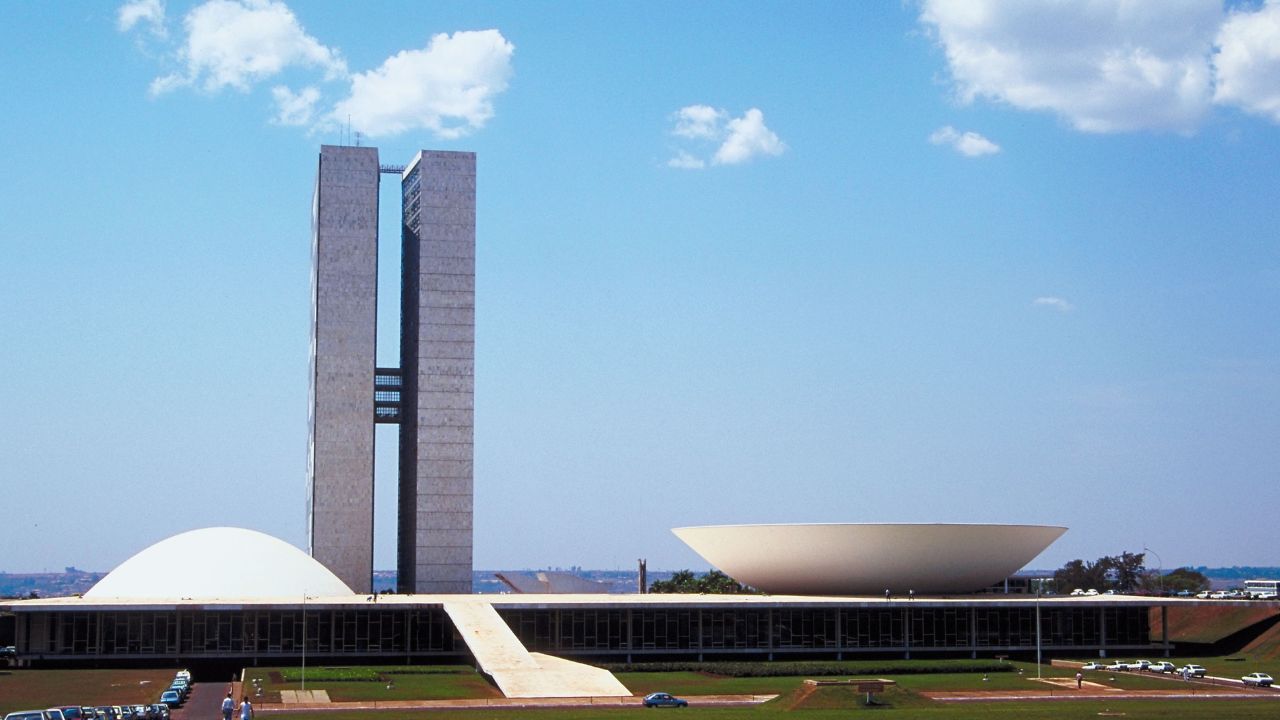Date first published: 27/03/2025
Key sectors: all
Key risks: political polarisation; political stability; civil unrest; political violence; governability
Risk development
On 26 March a five-judge Supreme Court panel unanimously ruled that former president Jair Bolsonaro will stand trial for allegedly attempting to overturn the 2022 election and stage a coup against President Luiz Inacio Lula da Silva. Justice Alexandre de Moraes cited Bolsonaro’s “systematic effort” to delegitimise the election and incite violence. Bolsonaro denounced the charges as “grave and baseless”, claiming to be the victim of “political persecution” to prevent him from running again for president in 2026.
The unusually swift ruling suggests the court aims to conclude the trial before the 2026 election. The trial could start as early as this year, and if found guilty Bolsonaro, could face years in prison. Seven other former government officials, described by the attorney-general as “co-conspirators”, will also stand trial over the events which led up to the storming of government buildings by Bolsonaro’s supporters on 8 January 2023, a week after Lula’s inauguration.
Why it matters
If convicted, Bolsonaro’s imprisonment would intensify the country’s already deep political polarisation. His supporters, who see the trial as politically motivated, could escalate protests and unrest, particularly if proceedings move swiftly. The right-wing movement, which Bolsonaro has been central to, may splinter as different factions emerge, with some rallying behind new leadership while others remain fiercely loyal to Bolsonaro.
Although Bolsonaro is already barred from running for public office until 2030 for spreading false claims that the national voting system was vulnerable to fraud, he had vowed to challenge the ban to compete in the 2026 election. The Supreme Court’s decision makes his political comeback even more unlikely, reshaping the opposition to Lula and creating uncertainty over who will lead the country’s conservative movement. However, his exclusion could also radicalise his base, fuelling further instability. Polls consistently indicate that his support has remained steady since the last presidential election, and many conservative voters are likely to view him as a martyr, aligning with his claims of political persecution. The trial’s outcome will test the judiciary’s ability to hold former leaders accountable, but it also risks deepening institutional rifts and exacerbating political divisions.
Background
Bolsonaro served as president from January 2019 to December 2022 and narrowly lost the October 2022 run-off to left-wing opponent Lula. Refusing to concede, his supporters camped outside military barracks, urging the armed forces to prevent Lula’s inauguration on 1 January 2023. A week later, on 8 January, thousands of Bolsonaro’s supporters stormed government buildings in Brasília, vandalising property in what investigators describe as an attempted coup. 1,500 rioters were arrested, and a federal police investigation was launched. Bolsonaro, who was in the US at the time, has repeatedly denied any involvement.
However, an inquiry launched after the riots uncovered evidence of a “criminal organisation” working to keep Bolsonaro in power. A report unsealed in November 2024 claims Bolsonaro was directly involved in planning the coup. Attorney-General Paulo Gonet went further, alleging that Bolsonaro led the effort, which purportedly included plots to poison Lula and assassinate Moraes.
Risk outlook
The trial will heighten civil unrest risks, with Bolsonaro’s supporters likely to stage protests with the potential to turn violent. His conviction would deepen political polarisation, fracture the right-wing movement and create uncertainty over its future leadership. The judiciary’s handling of the case will test institutional credibility, strengthening democratic accountability if successful but fuelling distrust if seen as politically motivated. Regardless of the outcome, political tensions will remain heightened, as divisions between Bolsonaro’s supporters and opponents intensify.

